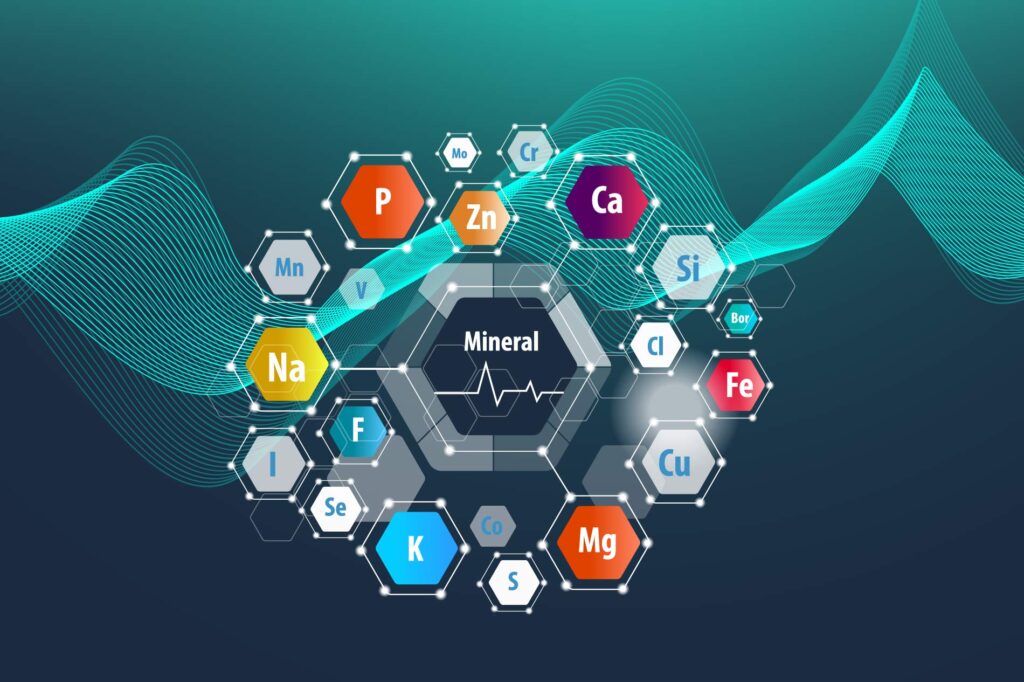Does diet affect our mood? The significance of folic acid and homocysteine
[Article in Polish]Hanna Karakuła 1, Aneta Opolska, Anna Kowal, Maciej Domański, Aniela Płotka, Janusz PerzyńskiAffiliations expand PMID: 19388520 Abstract In recent years, there has been growing interest in the association between national diet and the possibility of developing various mental disorders, as well as between deficiency of such vitamins as, e.g. folic acid, vitamin B12, B6, and others (e.g., omega-3 […]
Does diet affect our mood? The significance of folic acid and homocysteine Read More »










